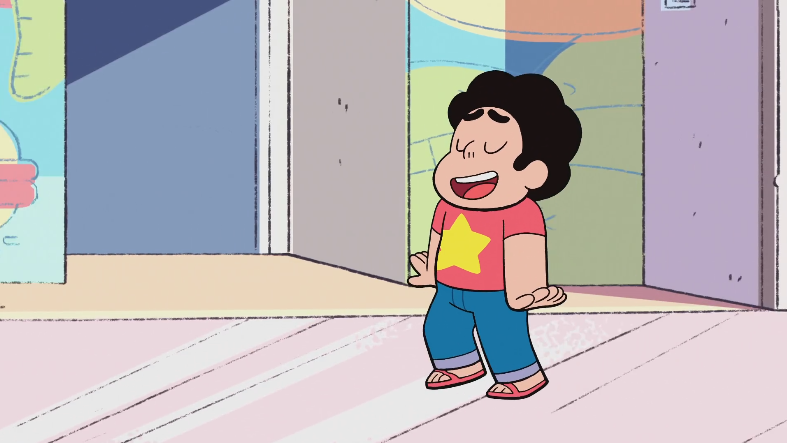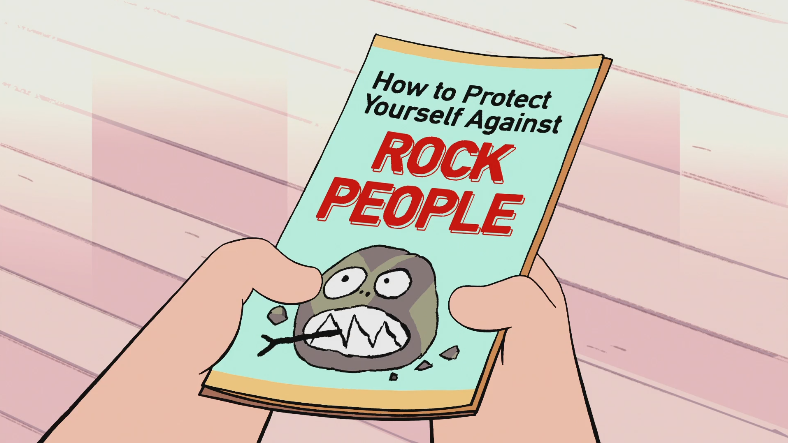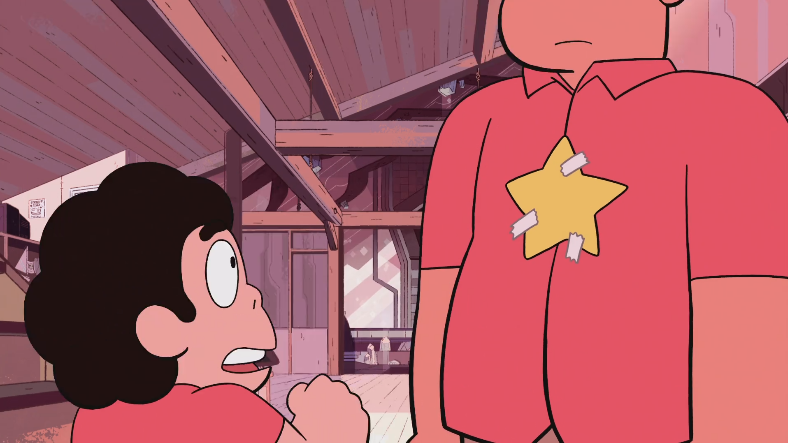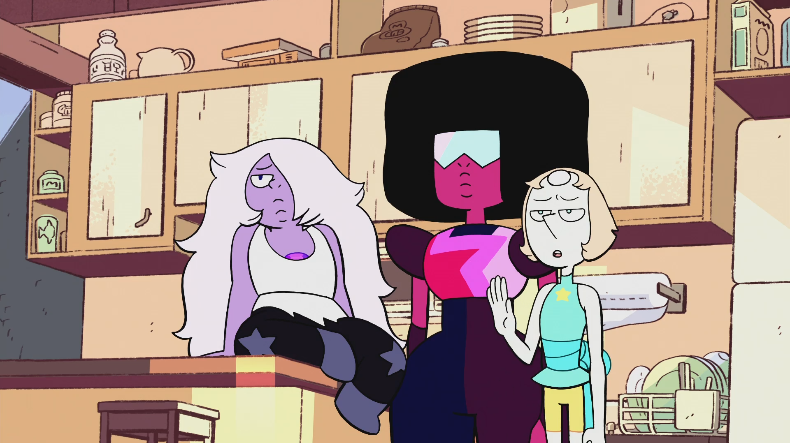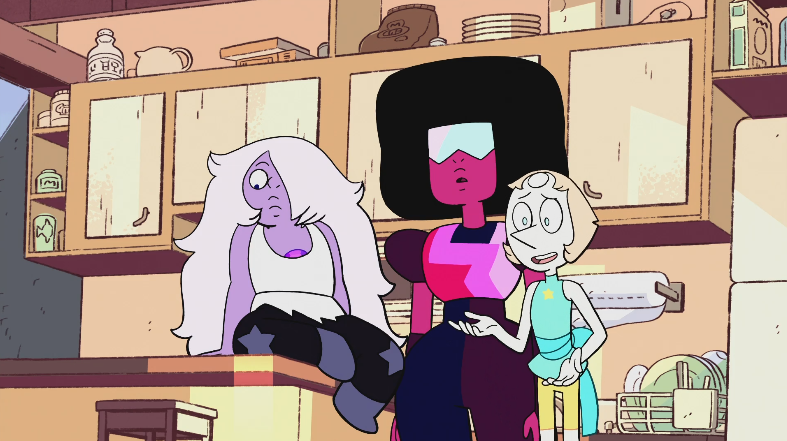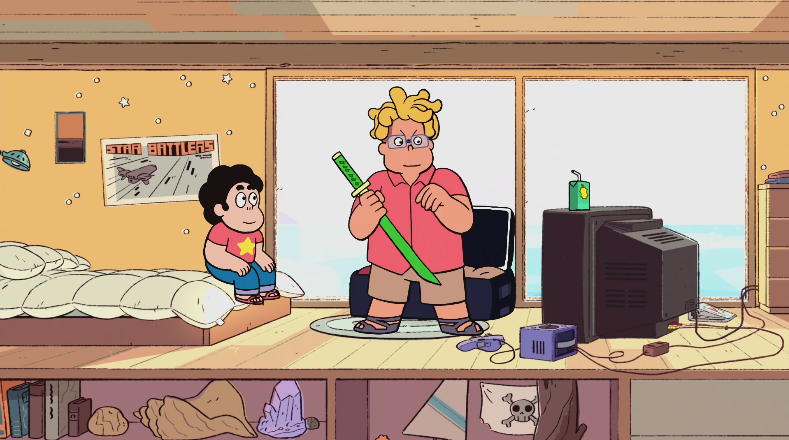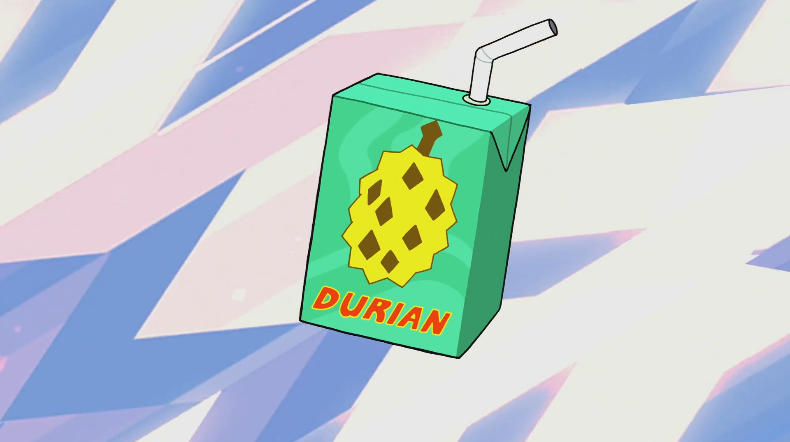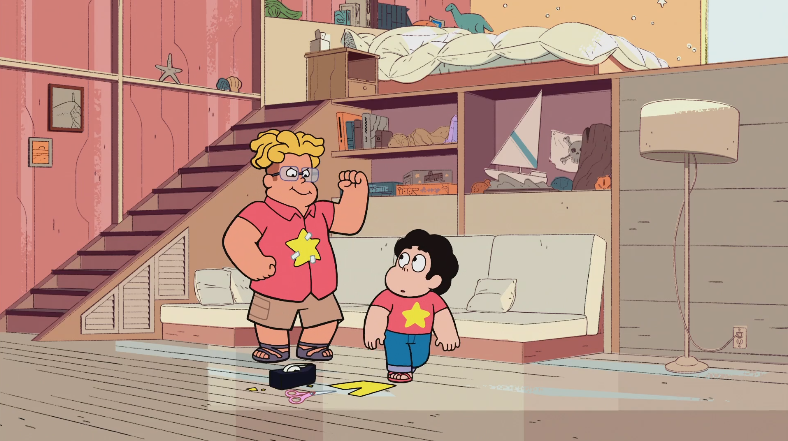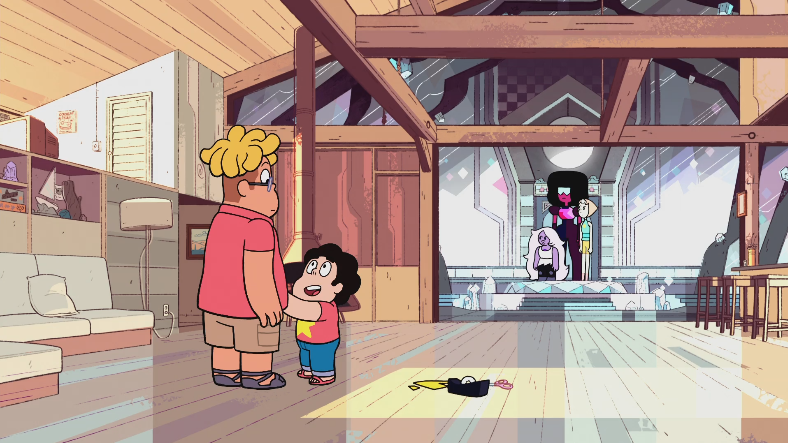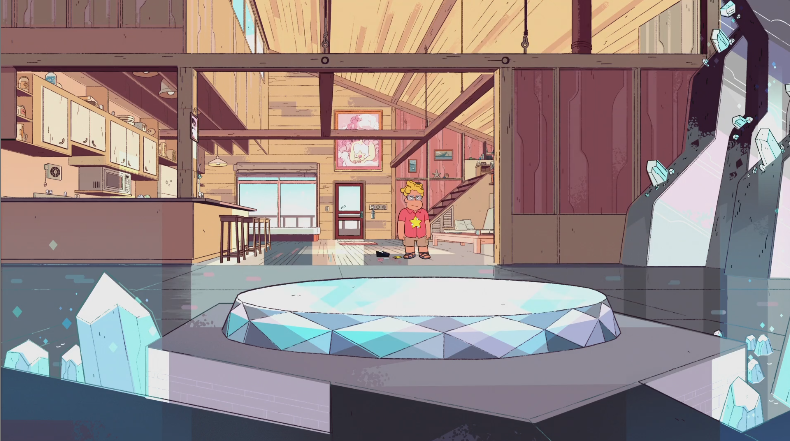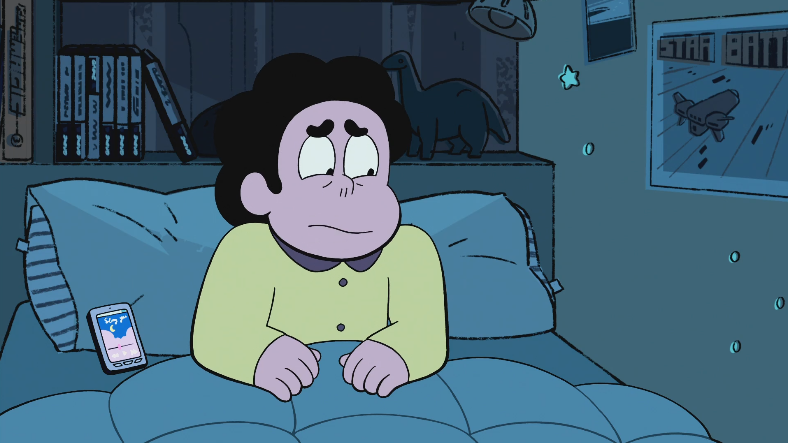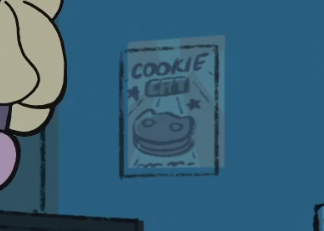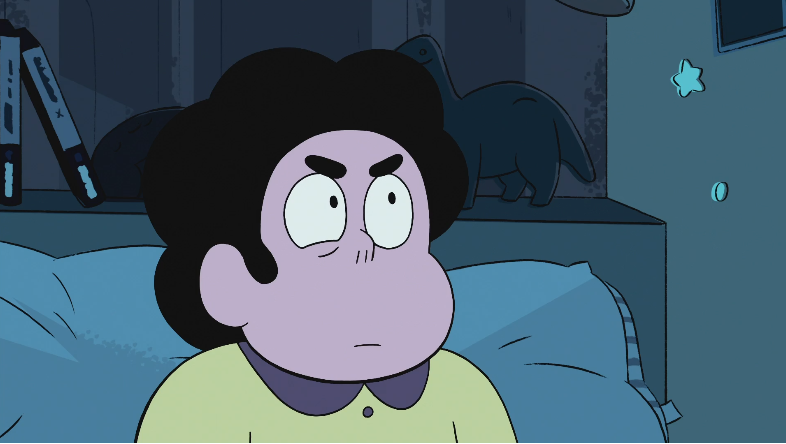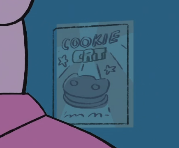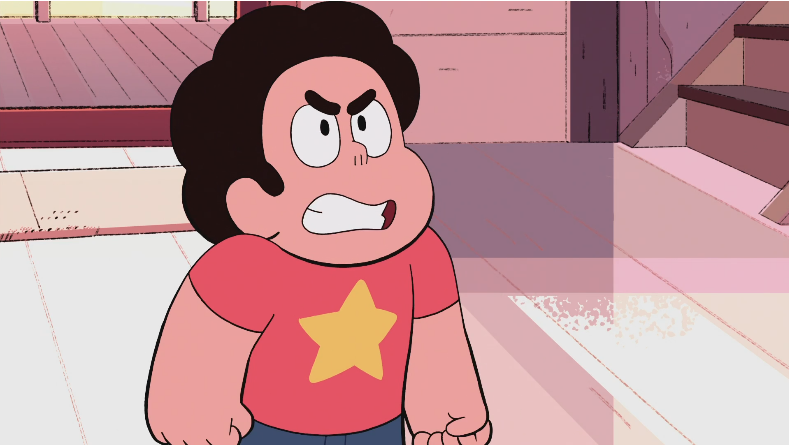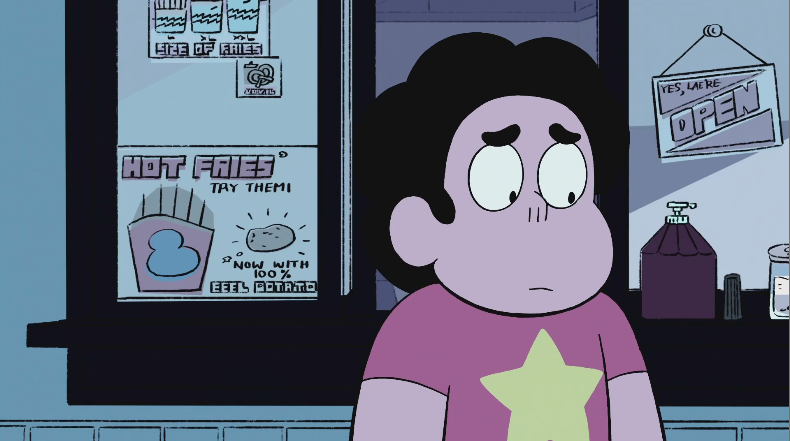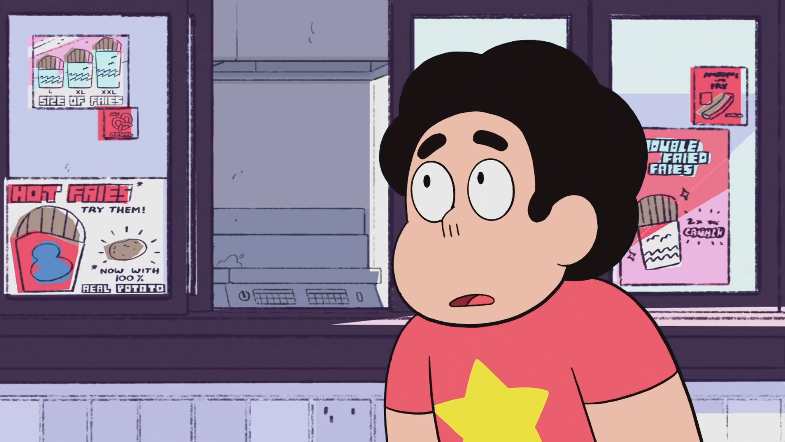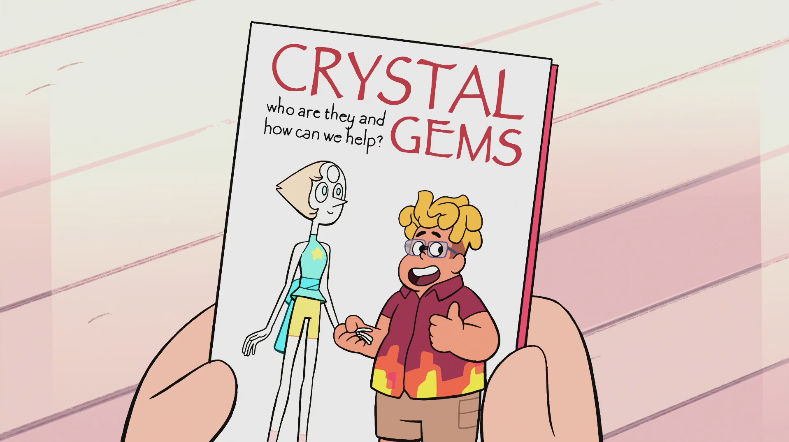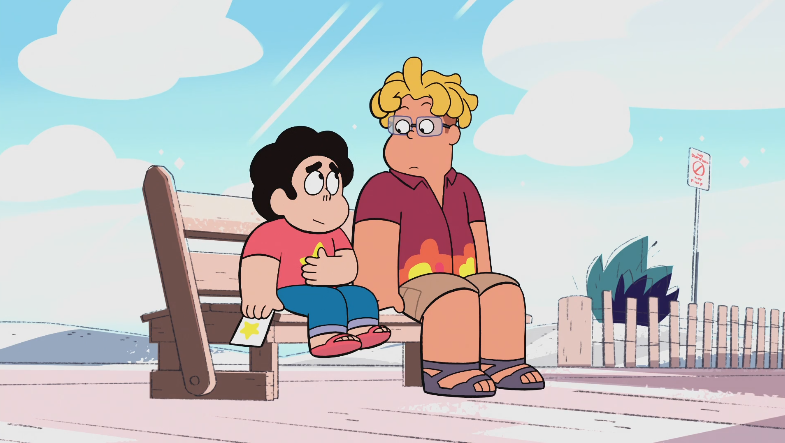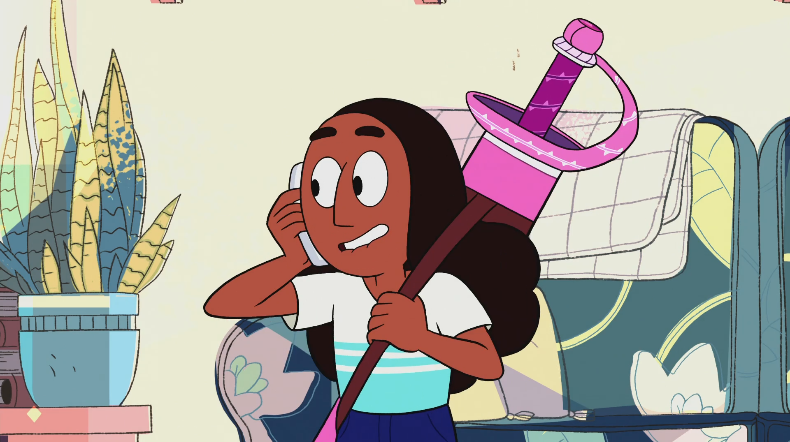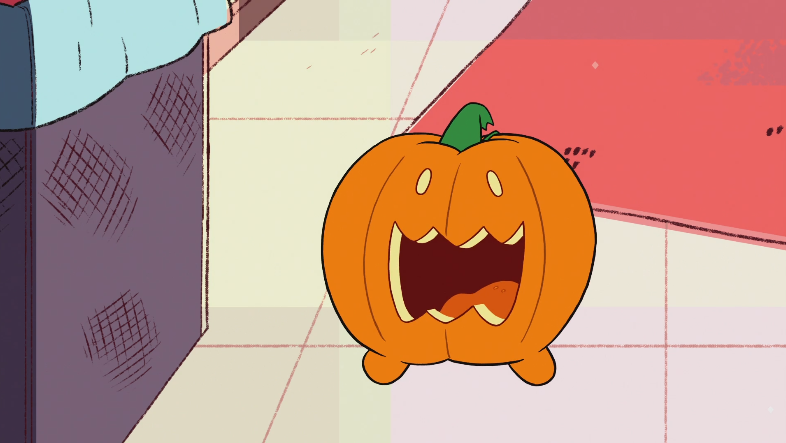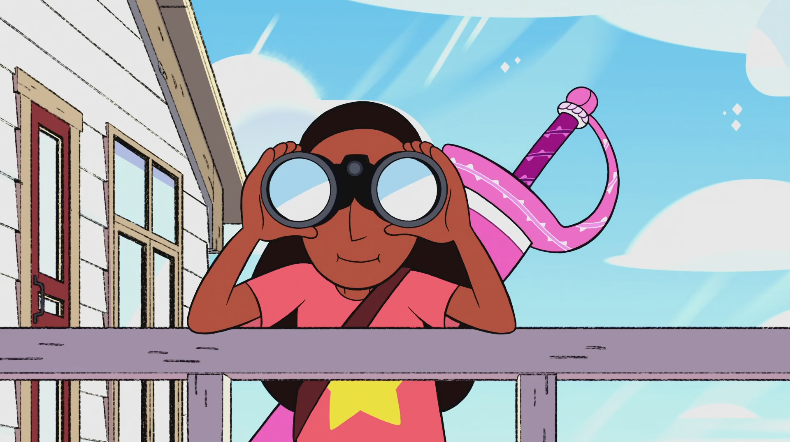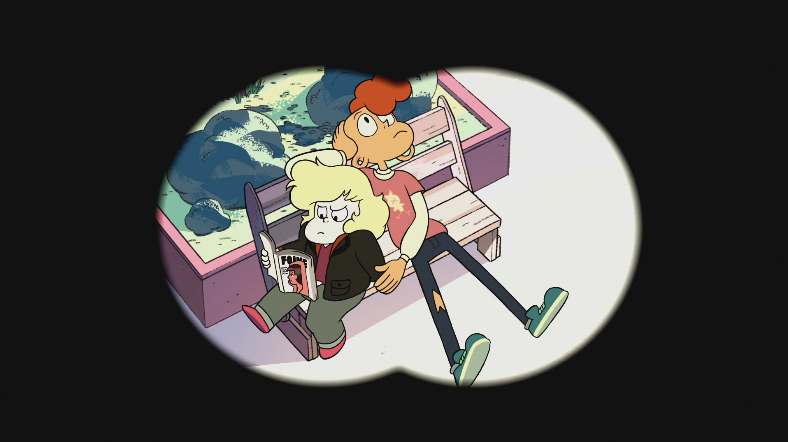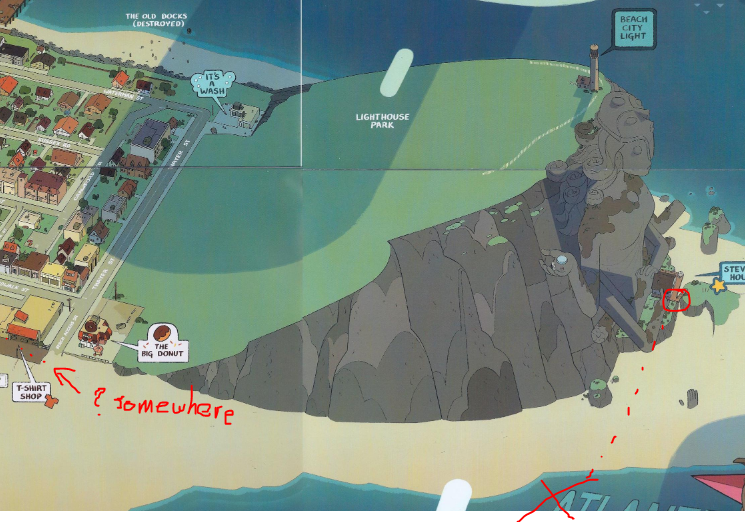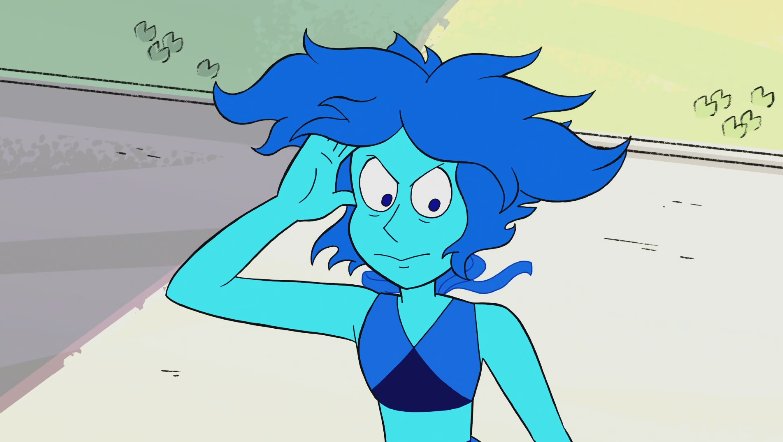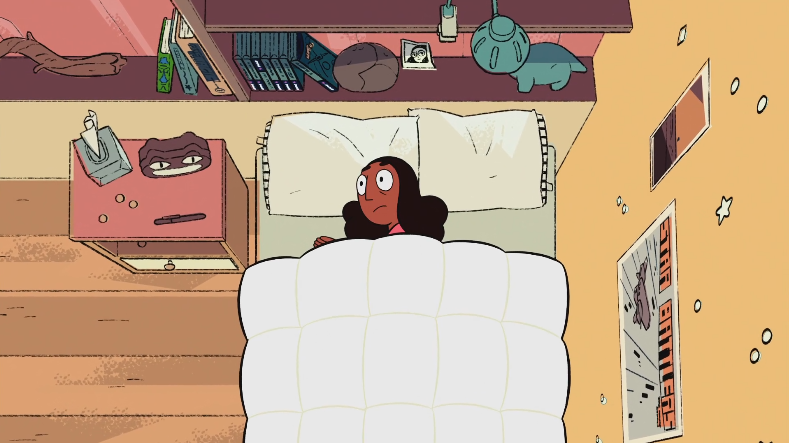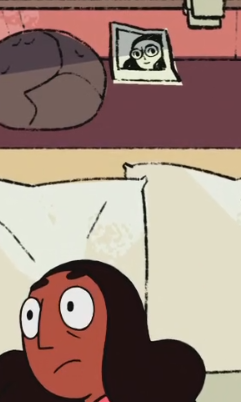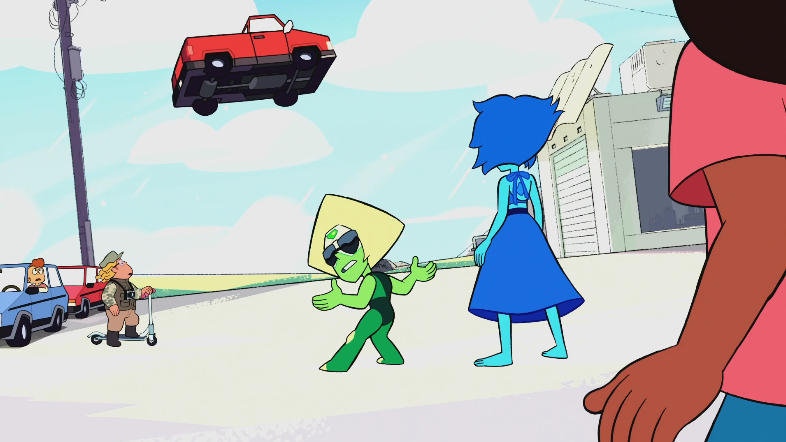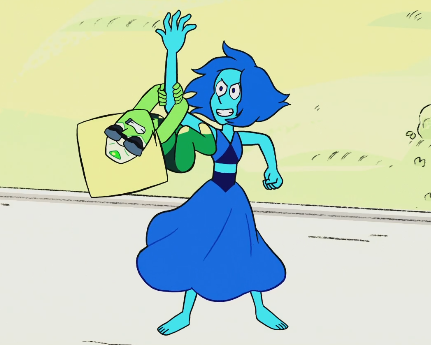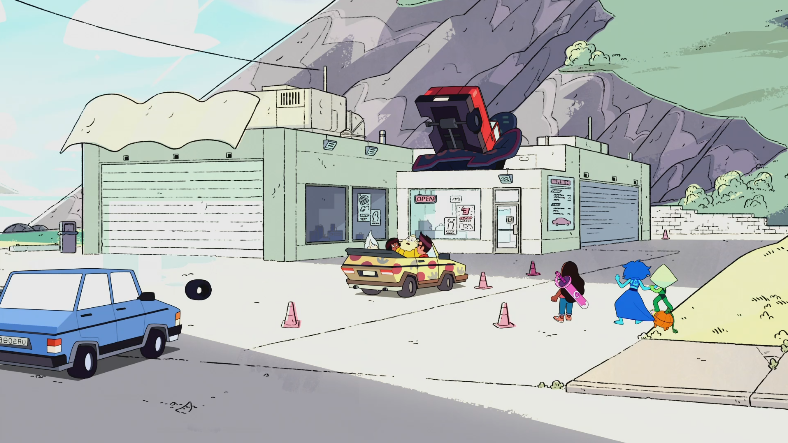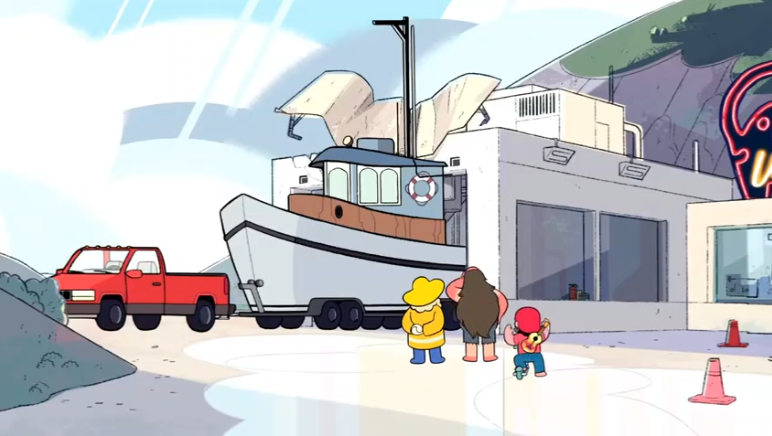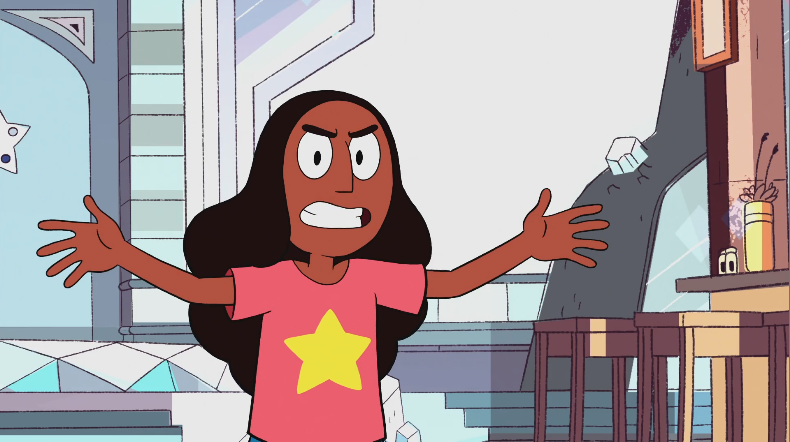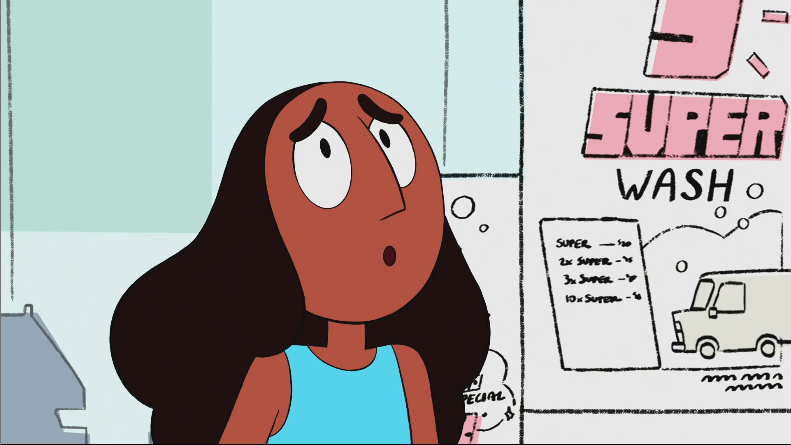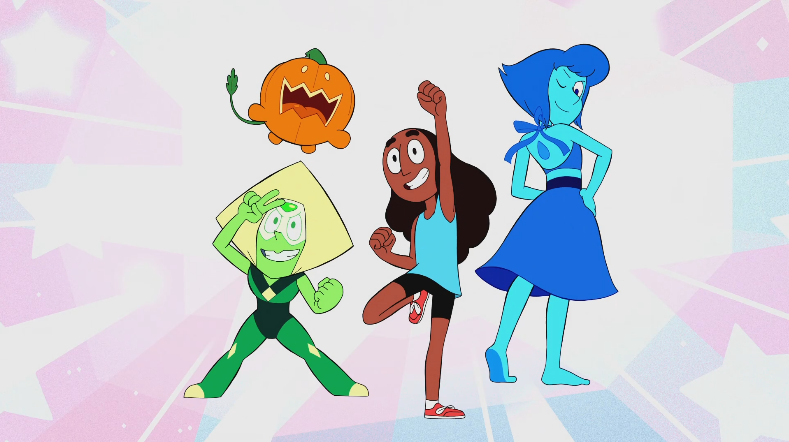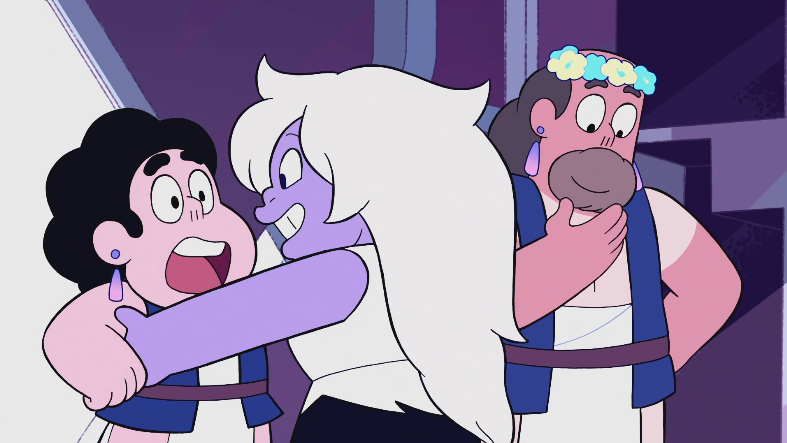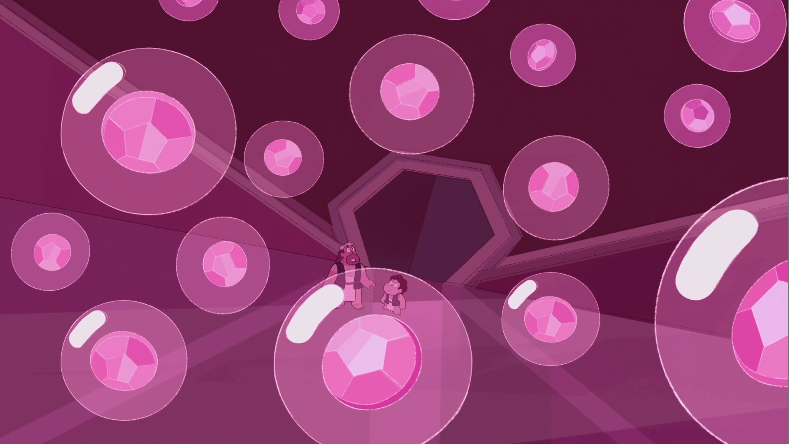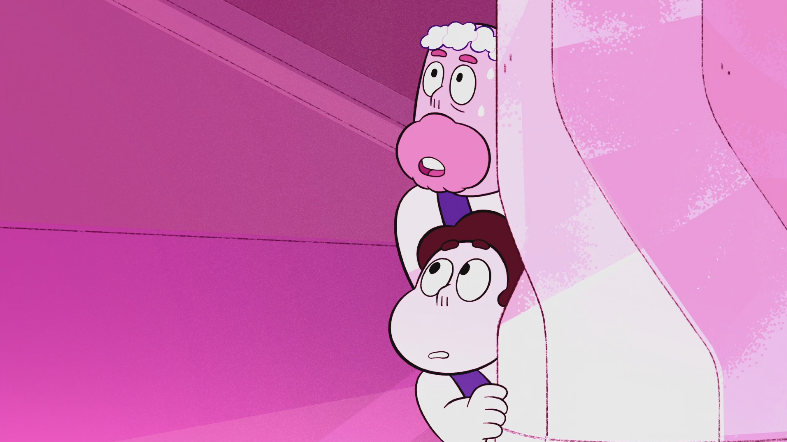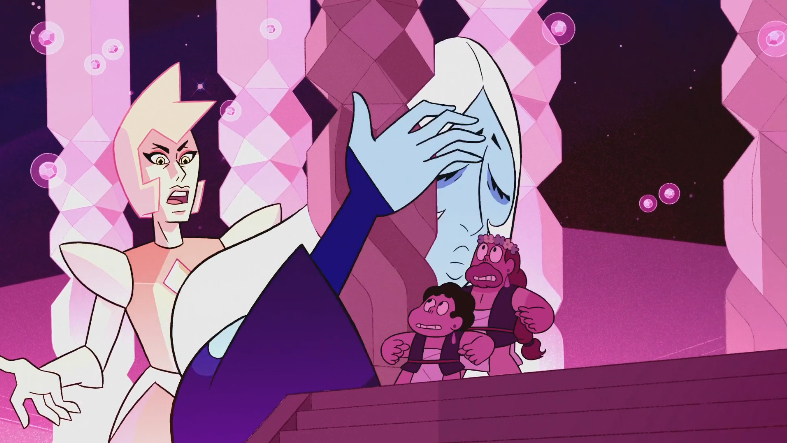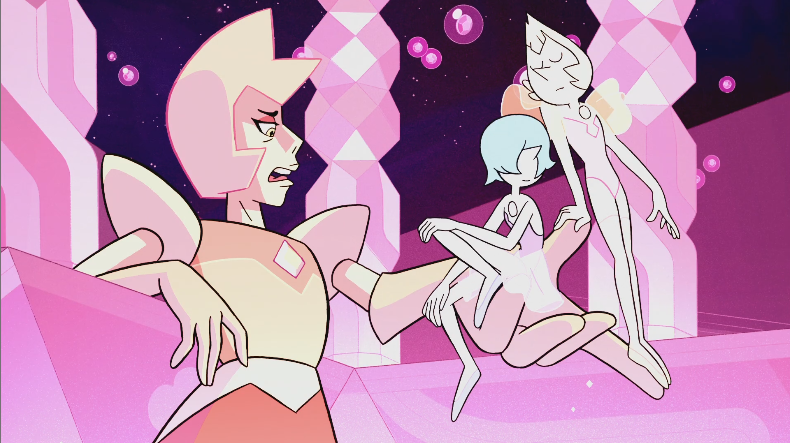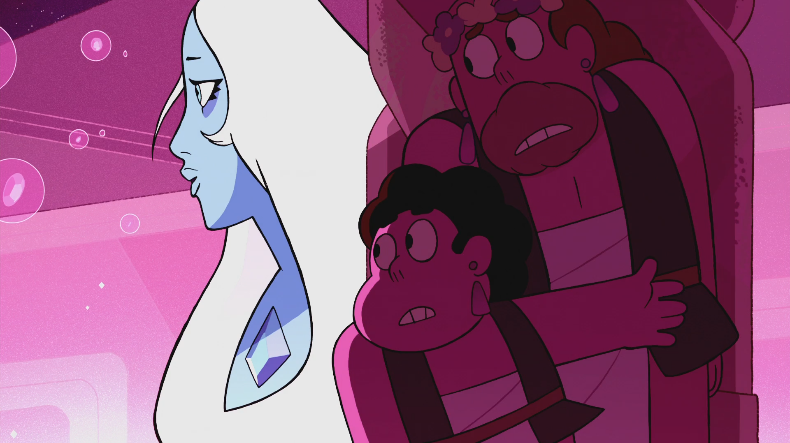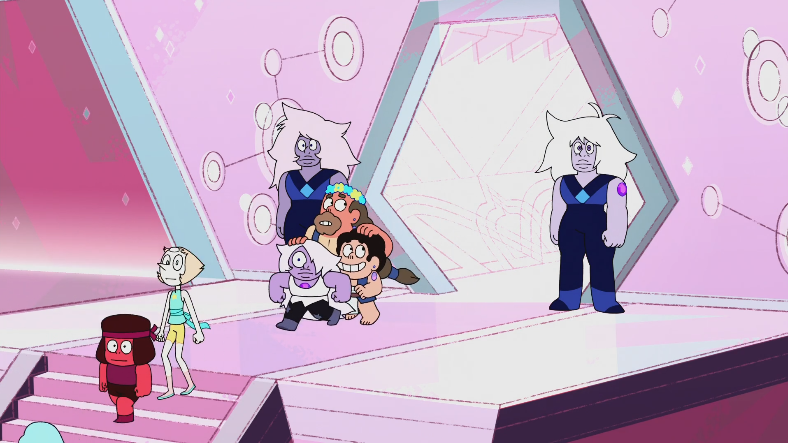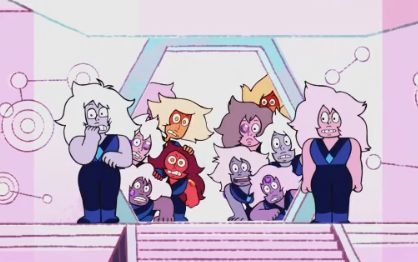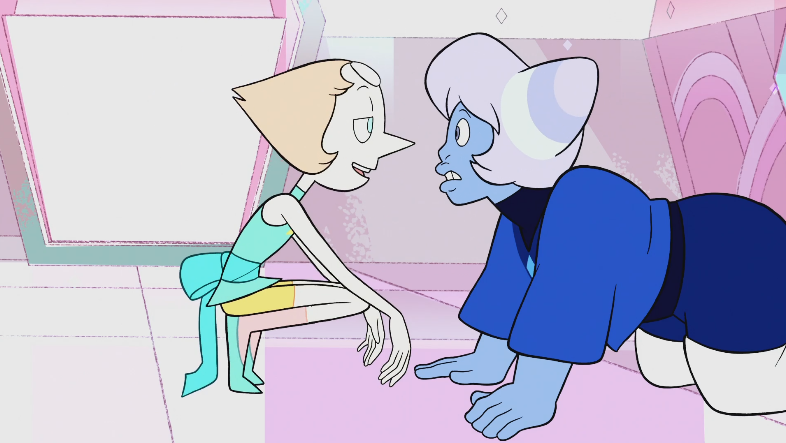Spoiler Territory
I’m just not sure that I see the value in an immediate reaction to a thing. Maybe it’s my autism, but I only tend to know what to think of anything in retrospect, and the more information I have, the better I can figure out what I think and feel. Surprises interfere with that.
Like, I don’t experience anything in the moment. Everything is posterity for me. And so, uh, things that are meant solely to trip people up in the moment tend to kind of irritate me as they get in the way of longer-term understanding of a thing.
I find any first experience with a thing to be sort of a first pass. A painful rough draft of understanding, where I expect I won’t pick up most of the important details that I need to actually understand what the fuck is happening. Which, yes, makes social situations difficult.
In the case of media, actually watching a thing, taking it in, it’s like research. The real experience happens later, inside my head, when I work through all of the stimulation that makes no sense to me when it’s in front of me. Holding important stuff back makes that harder.
Once I have sufficiently interpreted a work, what the words and actions and themes and idea actually mean, and why, and pertaining to what, then eventually I’m primed to be able to have something like a real-time emotional experience while taking it in. But it’s like practice.
The notion that I’m going to get anything like a useful reaction out of a thing the first time I see or hear it, it’s kinda absurd to me. It takes me weeks, months, years to understand simple conversations I’ve had.
(I’m able to run through ideas much more quickly and clearly in writing than otherwise. Again, that’s kinda how autism works. And that’s probably why I wound up spending so much time writing about media, for as long as that was tenable.)
Likewise, any event or work where the whole point is to elicit a cheap, immediate reaction… kind of falls completely flat with me? Like, it doesn’t work, except to the extent of puzzling me until I figure out why they did such a thing and figure out—oh, contrivance! Okay then.
I’m like. People who are extremely socially focused, they get angered by my lack of response to things, sometimes. I’ll just listen and nod, and they’ll read in all of this meaning to my apparent decision not to engage in banter or show an appropriate emotional reaction.
The real meaning is that I have no clue what is happening around me, and I’m just sponging up what I’m able to while carefully filtering the overstimulation that comes from things happening around me at all, so that I can lay it out in front of me later and start puzzling it out.
This doesn’t work too well with interpersonal relationships. People don’t like it much when I go back for clarification, especially for things they figure I should be able to figure out on my own (but can’t!). But media, it allows for repeat engagement and nuanced understanding.
And that’s where 100% of the value lies, from my personal experience: a work that supports revisiting, to understand more fully. Anything less is just… kind of, pain? Like, I wasted my life subjecting myself to something that wasn’t actually gonna be worth the long-term effort.
Any experience is a sort of pain to me, at least in the moment. It’s a thing I suffer through in order to grow retroactively.
I don’t expect the experience of my particular neurology applies to everyone (as a lifetime shows it clearly clearly doesn’t!), but, uh. It’s definitely a real thing.
There is a level of presumption that comes with the notion that a person’s immediate response to a thing is their most genuine and telling reaction, that doesn’t really map to my lived experience and actually has been the foundation of a lot of abuse that I’ve suffered.
And I think that, as people do, rejecting a different model of experiencing time and stimulation and processing of information as a lie, as something that doesn’t happen and is a mask for some kind of other underhanded business, it’s maybe not… an entirely good way to go about things?
The implication behind anti-spoiler rhetoric is that one’s first exposure to a work is a special experience to be treasured, that should not be tarnished by foreknowledge or else one’s appreciation for its impact will surely be diminished. My counter-argument: but, is it?
I’m saying that from another perspective, a first exposure to a thing is an awkward, obligatory draft round that you get out of the way in order to be able to appreciate a thing properly, and thereby “spoiling” that experience is arguably, well, at least in part a good thing?
I don’t know how many things I’ve thrown away because I couldn’t wrap my head around them and I didn’t immediately understand why I should devote the time to figure them out—only to have them explained to me later and realize how much I adored them. First impressions suck ass.
Like, I find them 100% useless in understanding anything. I’m getting old enough that before I devote my very scant energy to thinking about a thing, I like to research first; see what I’m getting into. Tell me the whole plot if you want. You know, it’s just stuff happening.
What matters to me about a work—and I grant this is not a universal perspective—is how it betters me through understanding of Stuff. This is a long-term process. And a first pass is just this disorienting familiarization to permit the important work to get started.
Again, the distinction here is that I can’t experience things in the moment, really. Not in the way a neurotypical person would (by most accounts!). So this special visceral thing that people describe from their immediate emotional responses, it’s this alien weirdness to me.
Much as I know my own perspective comes off that way to most people I encounter. Different brain shapes, you know. Point being, the suggested “lie” is in the notion that the first experience isn’t this special thing you can never get back, and that there’s nothing to spoil.
And, well. That’s not a lie. I don’t see it as special; I see it as a barrier of entry. I don’t see how one could describe an attempt to mitigate that barrier and actively appreciate a thing as in any sense spoiling that experience. Because that experience is worthless to me.
Or close enough to it, anyway. Because that’s the way I interact with things, the way my brain is wired. I’ll even counter that so many experiences for me have been spoiled by *not* knowing enough to be able to cope with them ahead of time. This is a much bigger problem to me.
Really super simple example: there’s no way in hell I’d have gotten interested in Steven Universe if I hadn’t read several articles about the arc where Pearl effectively rapes Garnet, and then gone back and watched “Stronger Than You.” I filtered the show out for ages until then.
Until I had a glimpse of something deeper, of what the show was actually doing and talking about, and how, I was unable to engage with it. It was just this visual noise. That’s not unusual, I know, needing a hook. But that need for a hook, it’s more of a fundamental thing here.
I don’t feel like I appreciate a thing well enough to respond to it on what I’m guessing is probably the level that a neurotypical person might do on a first pass until I know it backwards and front. Because my brain isn’t wired with those kinds of natural assumptions one makes.
There’s this thing with autism where, like, they’ll do studies of kids and they’ll have them sort things. A neurotypical person will quickly work out this shorthand, and breeze through. The kid with autism will take each instance individually, on its merits; make no assumptions.
This can be useful in some kinds of cases, approaching every fucking thing you meet as if you’re brand new. But in other cases where it’s expected you’re able to chew gum while riding a bicycle, so to speak—e.g., socially—it sets one up for huge, distressing levels of confusion.
A conversation with a piece of art, it’s basically a conversation with another mind. And I can’t do chit-chat. It is almost literally impossible. I sit there, waiting for them to finish speaking. If it’s just one line, I blink at them, wondering where the rest is. It gets weird.
I think in paragraphs. Which again is pretty common with this neurology I got here. And when I’m with other people with a similar neurology it works dandy; there is an intuition about when people are going to speak, and how much, and in what ways, and so on. It’s tailored.
Art, it’s another kind of discussion, because the statement is bottled. You engage with it by picking at it, stripping away the layers. And, it’s that process of understanding that happens after you already know the full boundaries of the discussion, that’s the real relationship.
